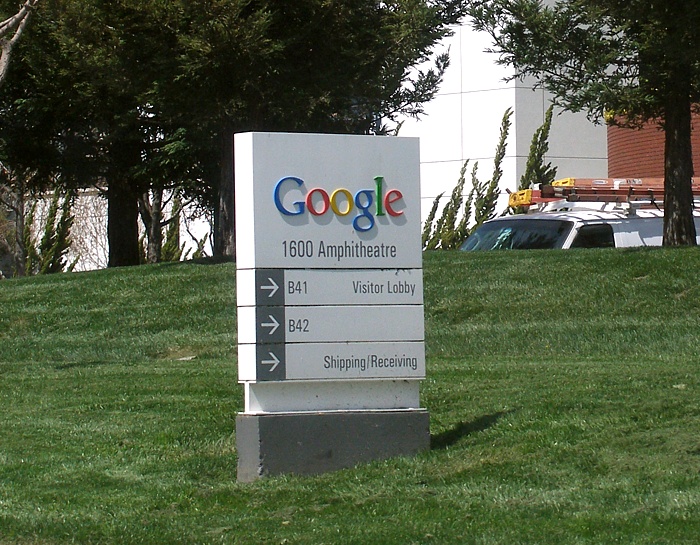In a rare onstage interview, Google co-founder and CEO Larry Page sat down with journalist Charlie Rose at TED 2014 to discuss wide-ranging subjects including Google’s future, Internet privacy, Android Wear, and driverless cars. Towards the end of the conversation, Rose commented, “You are one of those people who believe that corporations are agents of change, if they’re run well. . . . You once said you might consider giving your money to [Tesla and SpaceX CEO] Elon Musk because you had confidence he will change the future.”
According to Wired magazine:
Page agreed, calling Musk’s aspiration to send humans to Mars "to back up humanity" a worthy goal. "That’s a company, and that’s philanthropical," [Page] said. But Page had words that sounded harsh even in his soft voice for businesses that lacked the same lofty goals of an Elon Musk or a Google. "Most people think companies are basically evil. They get a bad rap. And I think that’s somewhat correct."
New York Magazine continued:
[Page] also apparently urged audience members to give their money to corporations rather than nonprofits. This idea – that corporations make better vehicles for humanitarian change than nonprofit organizations – didn't come out of nowhere. It's related to philanthrocapitalism, the concept that has taken over the charitable giving world in the last decade, and which counts among its fans billionaires like Bill Gates, Pierre Omidyar, and Michael Bloomberg.
Page’s directive of giving money to corporations rather than nonprofits introduces a unique crossover of philanthrocapitalism (as pointed out by New York Magazine), corporate philanthropy, and corporate social responsibility. The first of these – philanthrocapitalism – is the idea that nonprofits should structure themselves like for-profits, with an emphasis on “money, markets, measurement, and management.” The second – corporate philanthropy – includes institutional divisions and offices within a company that exist for the sake of charity (e.g. companies act through matching gifts, employee directed grants, or volunteer grants). The last – corporate social responsibility (CSR) – is a broader effort by a corporation to engage employees, as well as the company at large, with philanthropic efforts.
However, as New York Magazine aptly states, Page’s comments are related to philanthrocapitalism; they were not reflecting philanthrocapitalism. Page’s remarks, instead, seem to suggest that the ends of a corporation (in the example of SpaceX - space transport and colonizing other planets) can be philanthropic goals in and of themselves.
Page seems to have a point, although I disagree with his charge to the audience.
Some corporations (certainly, not all) do great work in the broadest sense. Sure, we get frustrated waiting eight hours for the cable guy to show up, but because of television cable companies, we have instant access to news, information, and entertainment. We may hate waiting in line at the grocery store, but the object is essentially for people to be fed. On the Internet, we rely upon search engines that connect us instantly to important content that enriches our vocational lives, as well as our hobbies, through great services like Bing or AskJeeves (just kidding).
The difference, however, is that there is a significant distinction between developing a company that creates admirable products or fosters wellness and nonprofit philanthropy. While I do not disagree that corporations can have philanthropic ends (using the broad definition of philanthropy, viz. “loving man”) that advance significant interests, it is certainly not the same (nor necessarily better) than traditional philanthropy that seeks to help fellow man through charitable giving and serving to support public or private goods.
Larry Page is not necessarily wrong in his choice to potentially leave his fortune of $28.3 billion to a company instead of a more traditional philanthropic endeavor, but the argument that leaving money to corporations over nonprofits is implicitly better (“corporations rather than nonprofits) is a bit misguided.
Different? Absolutely. Better? Not necessarily.







Being of the older generation, I am confused by the blurring of distinctions between business investment and philanthropic giving that seem to be popular among the younger folks. Kickstarter, in particular, seems to operate in a netherworld somewhere in between. And there are now all these new “low profit corporation” vehicles. Of course, “investment” in a Hollywood film is usually really philanthropy by other means, and has been for years 🙂